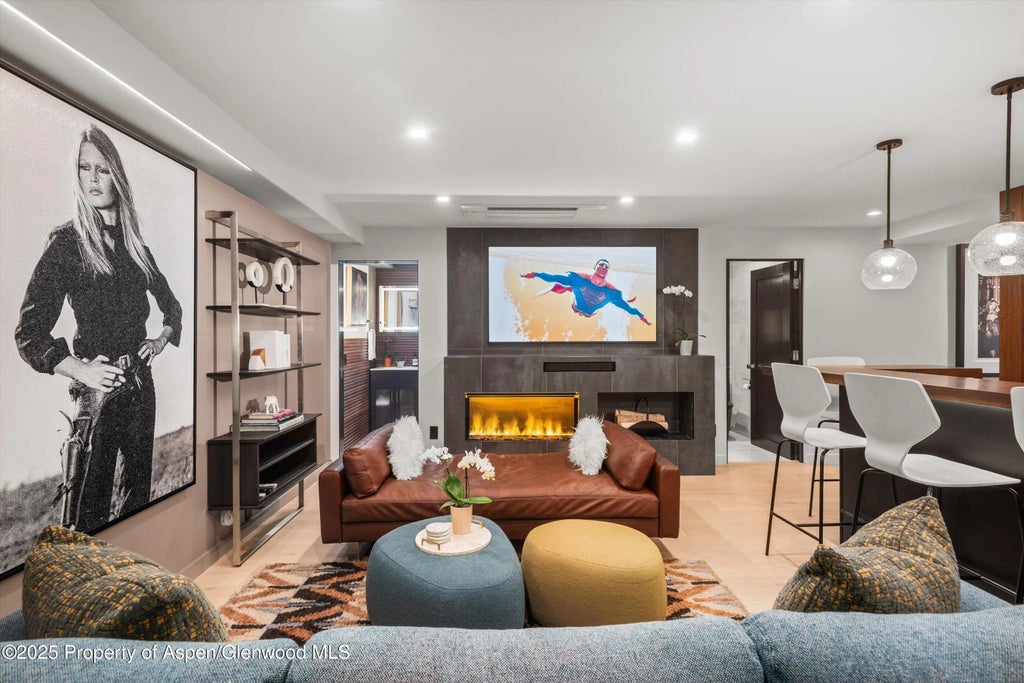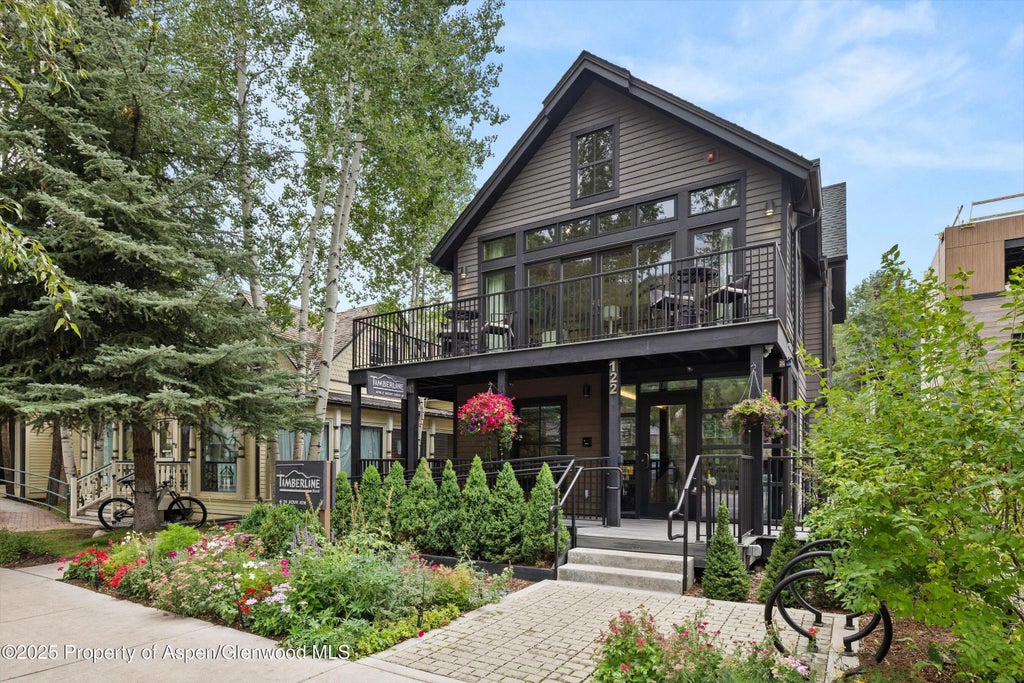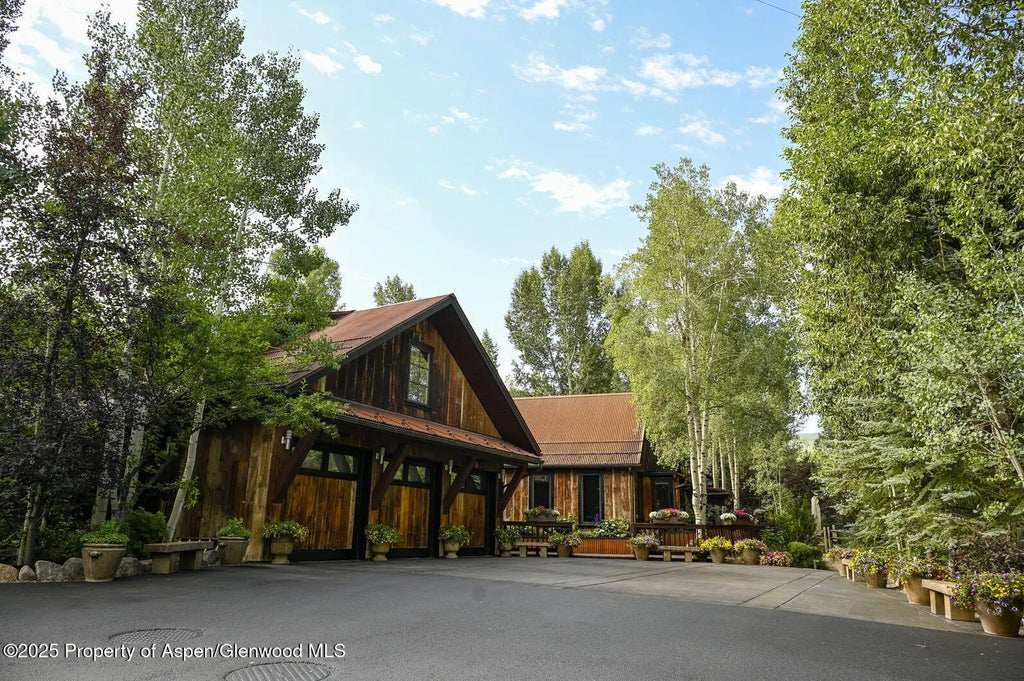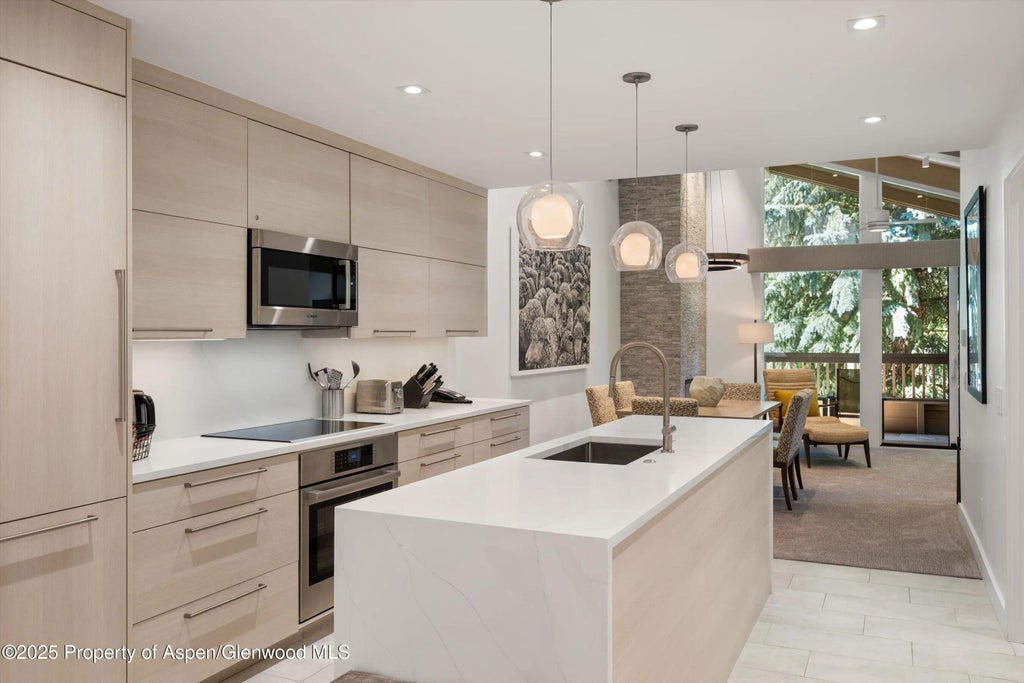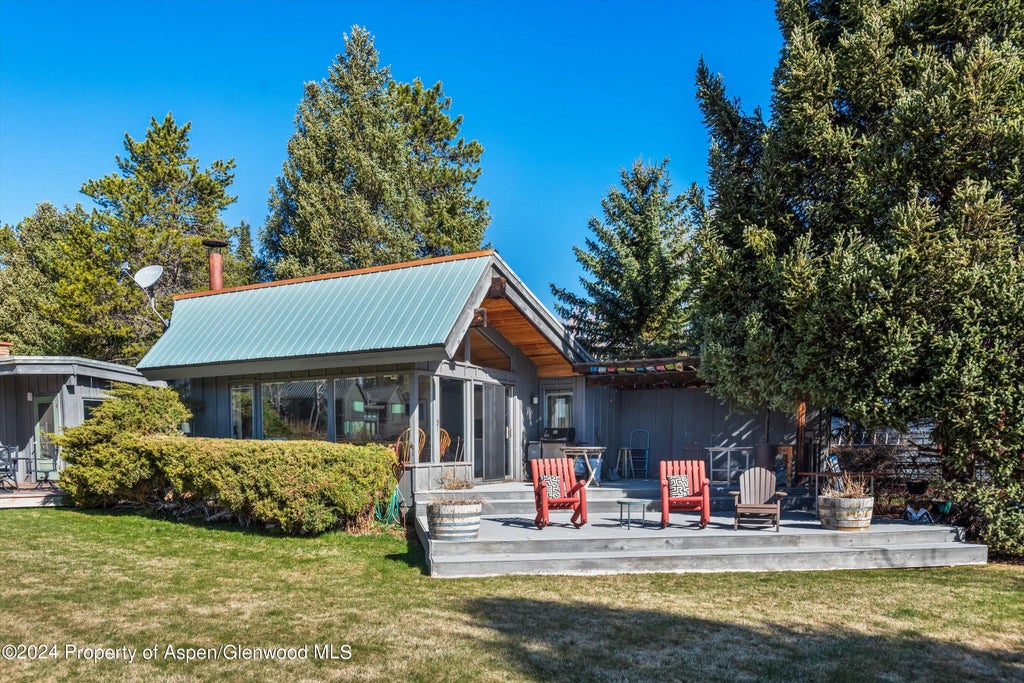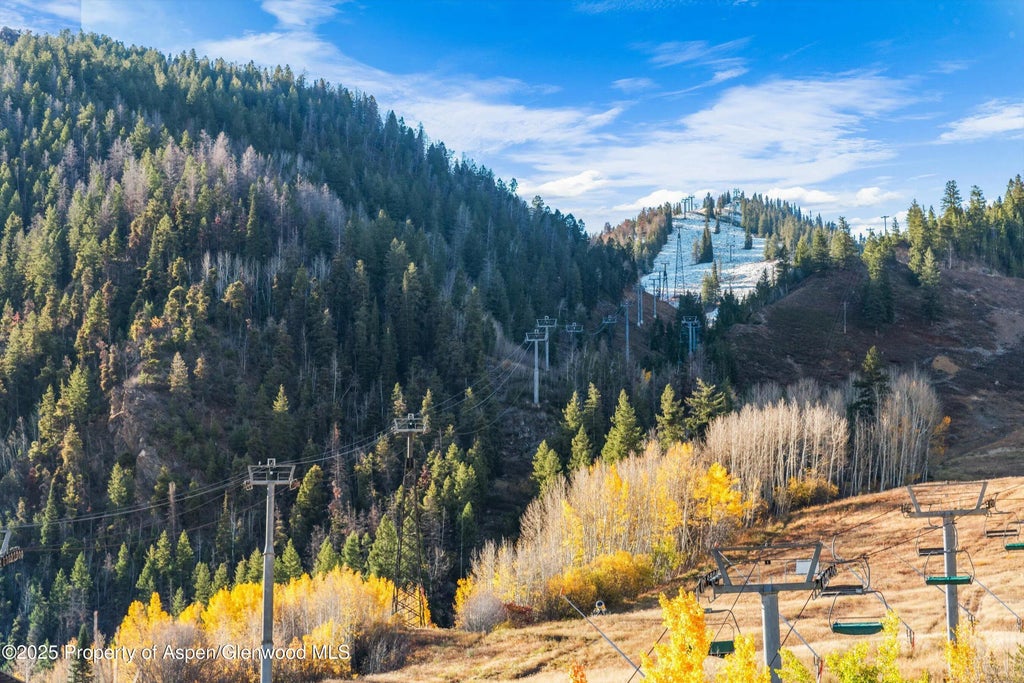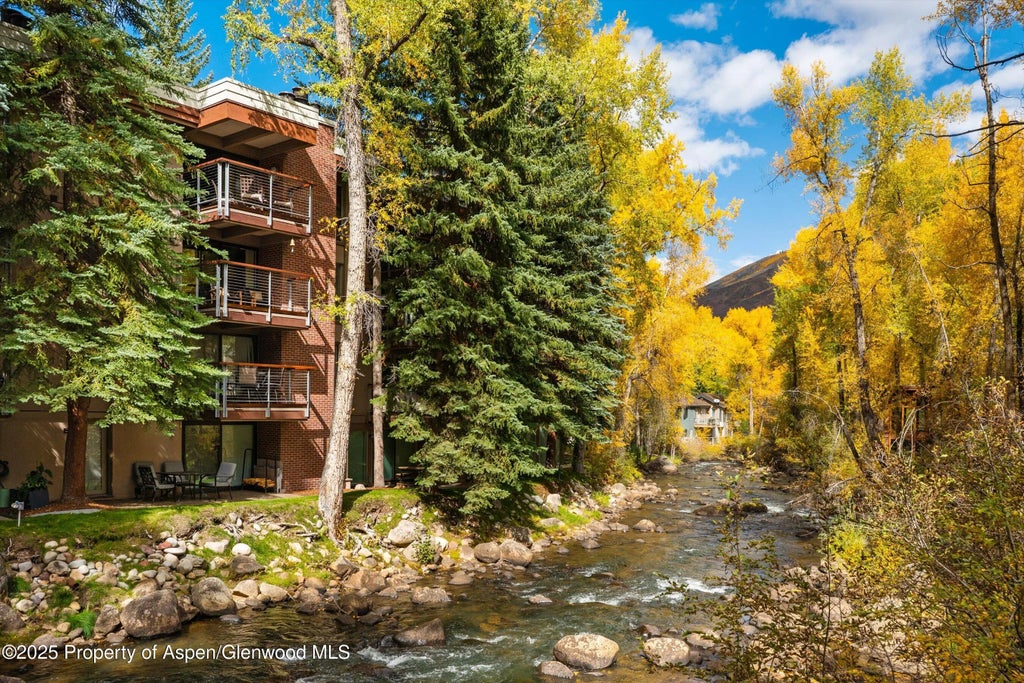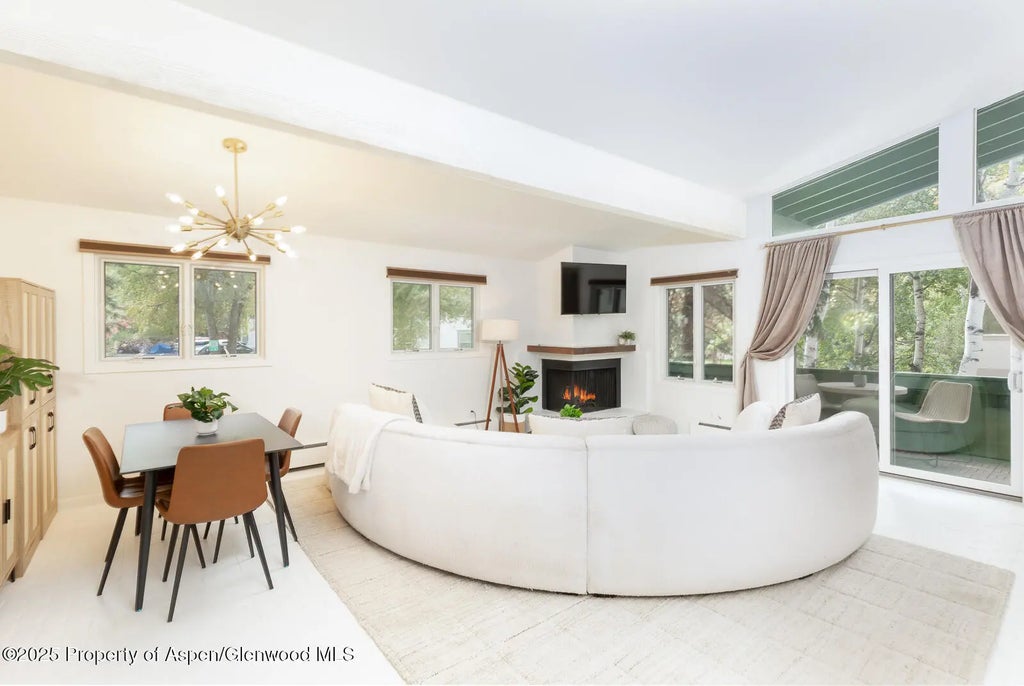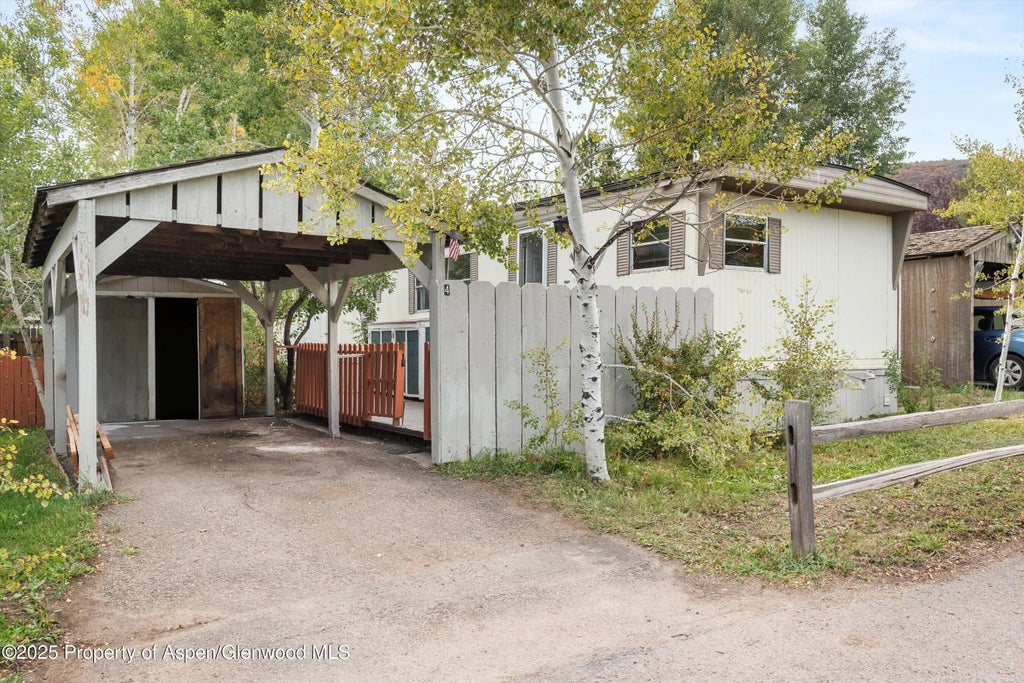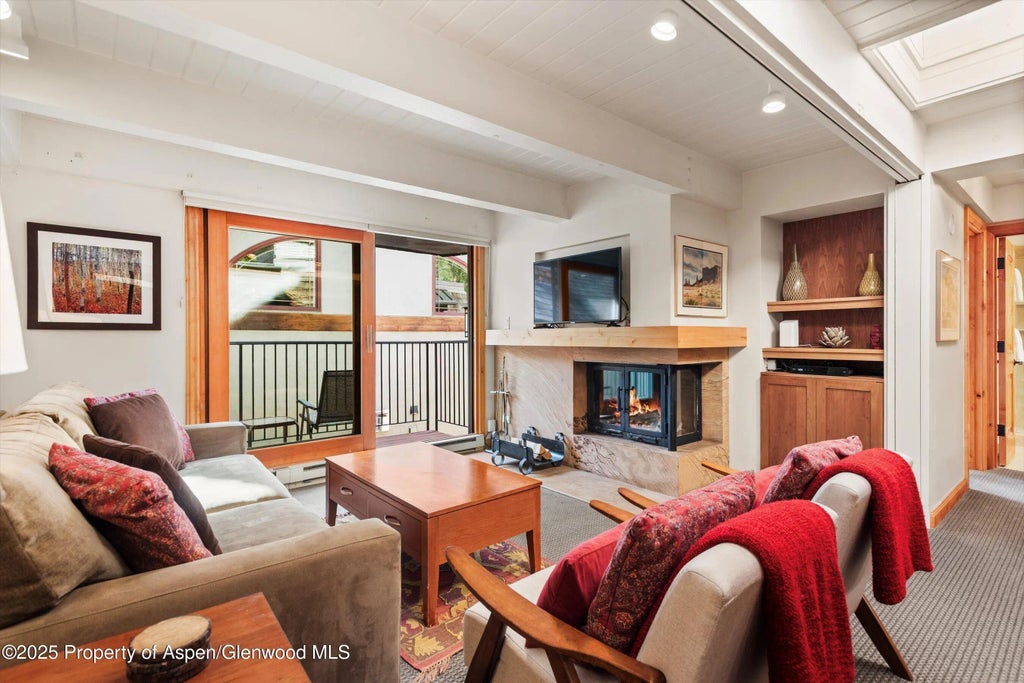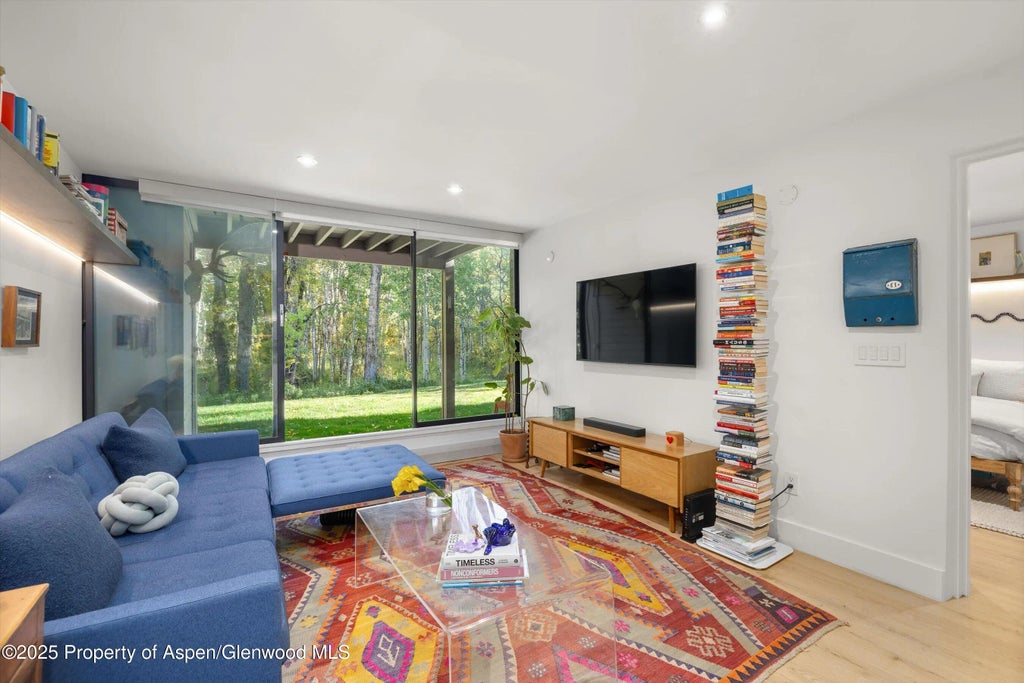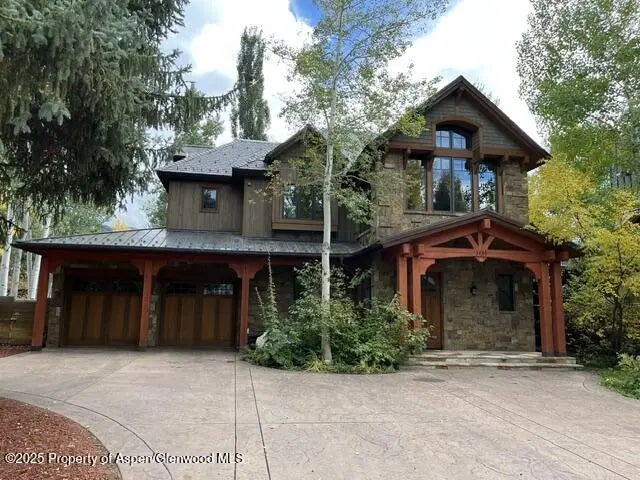Why Location Matters in Aspen Real Estate
Aspen's real estate market stands as one of the most exclusive and competitive in the United States, with a median home price of ~$3.3 million and price-per-square-foot averages between $2,350 and $5,500 in the core area. But what drives these astronomical values? The answer lies in a single word: location.
Aspen's dramatic geography creates natural limitations that make certain locations exceptionally valuable. Only a fraction of properties offer direct access to the slopes, walkability to downtown, or uninterrupted mountain views. This scarcity, combined with strict development regulations, ensures that location defines both the experience and investment value of any Aspen property.
This guide examines why location remains the primary factor in Aspen real estate values, exploring prime neighborhoods, market trends, and investment opportunities that make this mountain town a global destination for luxury property buyers.
Table of Contents
- From Silver Mining Town to Luxury Destination
- Prime Locations That Define Aspen's Market
- Market Trends Shaping Location Values
- Factors That Drive Location Value
- Investment Opportunities by Location
- Location's Lasting Impact on Aspen Real Estate
From Silver Mining Town to Luxury Destination
Aspen's transformation from a silver mining town to a luxury ski resort shapes its current real estate landscape. The town's rich history contributes to its prestigious reputation, while zoning laws and development restrictions preserve its character and prevent overdevelopment.
This historical foundation creates a unique market where property values continue to soar despite—or perhaps because of—the limited supply. Local regulations maintain the town's charm while ensuring that new development remains scarce, making existing properties increasingly valuable.
The combination of historical significance, natural beauty, and regulatory protection creates a market environment where location premiums reach exceptional levels compared to other resort destinations.
Prime Locations That Define Aspen's Market
Aspen Core: The Cultural and Commercial Epicenter
The Central Core functions as Aspen's cultural and commercial epicenter, commanding premium pricing due to immediate access to restaurants, music venues, and seasonal events. Properties within a three-minute walk of Aspen's pedestrian core see higher midweek occupancy during off-peak months due to their usability for business travelers, event attendees, and culinary tourists.
The area offers the highest density of recently renovated condos and penthouses, many integrating concierge services, underground parking, and private terraces. Close proximity to downtown Aspen's renowned shopping, dining, and cultural attractions supports year-round revenue due to proximity to the gondola, après-ski venues, Aspen Music Festival, and the Aspen Institute.
Red Mountain: "Billionaire Mountain"

Red Mountain earns its nickname through its reputation for housing some of the most luxurious estates in Aspen. The area is defined by commanding views, gated estates, and low-density planning that offers unparalleled privacy and exclusive living experiences.
Properties often feature oversized parcels with private drives, offering a sense of retreat that appeals to long-duration guests seeking full immersion, seasonal stays, executive residencies, or curated wellness retreats. Homes frequently feature amenities such as wine cellars, spa pavilions, and guest wings, catering to users who value discretion, space, and bespoke experiences.
West End: Historic Charm and Victorian Character
The West End is renowned for its historic charm and picturesque streets lined with Victorian homes. This neighborhood combines proximity to downtown Aspen with architectural character that reflects the town's mining heritage.
Properties here appeal to buyers seeking authenticity and walkability while maintaining the historic charm that makes Aspen unique. The area's Victorian architecture and tree-lined streets create an environment that balances luxury with historical significance.
Snowmass Village: Family-Friendly Recreation Hub
Snowmass Village offers a scale-driven investment alternative centered around recreational infrastructure and family programming. The area provides full-service lodging, pedestrian-friendly base areas, and a wide mix of ski-accessible properties.
Families, remote professionals, and extended-stay guests favor the area's blend of space, affordability, and four-season activities. Properties along Funnel, Slot, and Dawdler in Snowmass offer ski-back access that makes them particularly attractive to winter sports enthusiasts.
Buyers seeking income-forward opportunities often prioritize neighborhoods with unrestricted short-term rental licensing and proven seasonal performance, making Snowmass Village a strategic choice for investment-focused buyers.
Downtown Aspen: Vibrant Urban Energy
Downtown Aspen offers a vibrant mix of shopping, dining, and entertainment options that create year-round appeal. The area is ideal for commercial real estate or rental properties due to its central location and constant activity.
Demand is anchored by proximity to cultural institutions and an expanding year-round events calendar. Properties near Galena Street and Hyman Avenue draw high-income travelers who value walkable access to Aspen's urban amenities.
Aspen Highlands: Outdoor Adventure Access

Aspen Highlands serves as a haven for outdoor enthusiasts, offering some of the best skiing and hiking trails in the area. The location provides direct access to outdoor recreation that extends beyond winter sports.
Properties here appeal to buyers who prioritize adventure and outdoor activities over urban conveniences. The area's reputation for challenging terrain and spectacular views makes it attractive to serious skiers and outdoor recreation enthusiasts.
East Aspen: Tranquil Retreat Setting
East Aspen offers a more tranquil setting with serene landscapes and a peaceful atmosphere. The area provides a retreat from the bustle of downtown while maintaining reasonable access to Aspen's amenities.
Homes set along East Hallam or Benedict Drive appeal to longer-stay guests seeking privacy and proximity to the Aspen Meadows campus. This location attracts buyers who value quiet luxury and natural settings over immediate access to nightlife and shopping.
Market Trends Shaping Location Values
Optimal Buying Seasons
The best time to buy property in Aspen is late summer through early fall (August to October) and late winter. These periods offer better inventory selection and potentially more favorable pricing before peak seasons drive up demand.
Cash-Dominant Market
Over 60% of home purchases in Aspen are made with cash, creating a market environment where financing contingencies are rare. This cash-heavy market accelerates transactions and often eliminates traditional financing hurdles.
Comparative Market Analysis (Aspen vs Telluride vs Vail)
Aspen consistently outperforms other luxury mountain destinations in both median prices and price-per-square-foot metrics:
Aspen, CO
Median Home Price: ~$3.3M (June 2025, Rocket.com), ~$2.8M (May 2025, Redfin)
Average Cost per Sq Ft: ~$2,349/sq ft to ~$2,500/sq ft
Luxury Market Range: $3,500–$6,000+/sq ft
Insights: Highest price per sq ft in the U.S., limited inventory, strict zoning
Telluride, CO
Median Home Price: ~$2.0M to $5.53M
Average Cost per Sq Ft: ~$1,900 to $2,710
Insights: Fast-growing, mix of smaller condos and luxury estates
Vail, CO
Median Home Price: ~$2.05M
Average Cost per Sq Ft: ~$1,214
Insights: More accessible inventory, strong luxury demand
These comparisons demonstrate Aspen's position as the premium luxury mountain market, where location premiums reach the highest levels in the Rocky Mountain region.
Factors That Drive Location Value
Proximity to Ski Resorts and Outdoor Activities

Aspen provides unparalleled access to four premier ski resorts: Aspen Mountain, Aspen Highlands, Buttermilk, and Snowmass. Properties positioned near private access trails, lift redevelopment zones, or high-speed lift infrastructure consistently outperform those in less activated areas.
Beyond winter sports, the area offers hiking, mountain biking, and fly fishing opportunities. Properties with outdoor kitchens, shaded patios, or trailhead access now outperform others during the summer months.
Access to Luxury Amenities and Services
Aspen features high-end shopping, fine dining restaurants, art galleries, and cultural venues. Access to healthcare, private schools, and wellness centers adds to the appeal of owning property in Aspen.
Privacy and Exclusivity
Gated communities, secluded estates, and large-parcel homes provide the seclusion buyers seek. As property values rise, privacy becomes a premium factor—even at the expense of some convenience.
Views and Natural Beauty
Strict development regulations preserve Aspen’s natural beauty. These protections ensure views and surrounding landscapes remain protected, reinforcing long-term value.
Investment Opportunities by Location
Rental Properties: Optimizing for Frequent Occupancy
Buyers should prioritize features like dual laundry areas, segmented living zones, and flexible layouts for high turnover. Slopeside zones near lift infrastructure and development corridors continue to outperform in rental yield.
Short-Term Rentals: Location Precision Is Critical
Short-term rental performance depends heavily on proximity to amenities. Licensing rules, permit status, and STR caps also impact returns. Central Core and Snowmass offer proven stability.
Current Investment Climate
Investor behavior is increasingly data-driven. STR permit status, occupancy rates, and infrastructure are scrutinized before offers. Ready-to-rent, permitted inventory in prime zones now drives competitive, fast-moving deals.
Location's Lasting Impact on Aspen Real Estate
Location defines every aspect of Aspen's real estate market, from daily living experiences to long-term investment returns. The town's dramatic geography, combined with strict zoning regulations, ensures that each property holds unique value. Homes with proximity to ski slopes, downtown amenities, or panoramic mountain views command significant premiums.
However, beyond physical location, Aspen’s neighborhoods also carry distinct identities, appealing to a range of lifestyles. For example, the West End boasts historic charm and quiet streets, while Red Mountain offers unparalleled vistas and exclusivity. Buyers are increasingly prioritizing properties that combine prime location with modern conveniences, making these homes highly sought after in a competitive market.
If you’re looking to explore the opportunities within Aspen’s luxury real estate market, Ryan Schwartz of Aspen Real Estate is here to guide you. Backed by over a decade of experience assisting clients in buying and selling high-end properties, Ryan provides expert insights and personalized service to help you find or sell your perfect home.
Reach out today to take the next step in navigating Aspen’s exclusive real estate landscape with confidence and ease.
